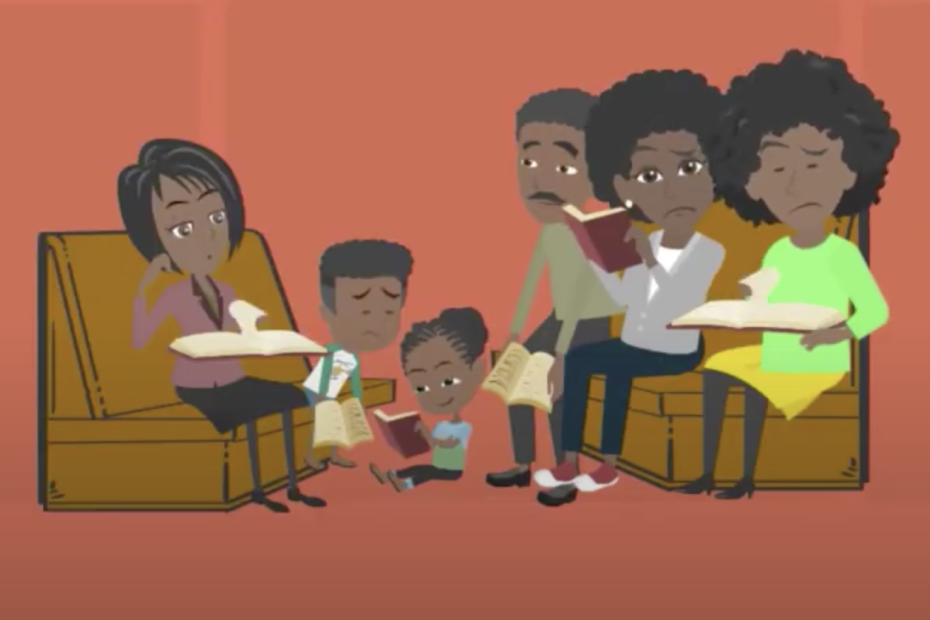For several years, Paulette helped lead a women’s conference, where most of the women didn’t speak French. ‘They were ashamed because they thought they had to speak about the Bible in French,” she says.
“We want to join in, but we don’t know how,” they told her.
Paulette explained that they could study the Bible in Contemporary Wolof, and share it with others in their own language too. Each day she gave them a verse to memorise in the Wolof language.
“That’s why this oral translation will help them,” she says. ‘They will be able to listen and know that they can grow in their faith. There shouldn’t be barriers to knowing God. Each person should be free to wake up each day and know: there is a God who is Lord over everything, and I can talk to him.”
This is not an uncommon story. In the Scripture Engagement Guide at EMDC.guide there is a simple video discussion starter called Don’t forget the women and children, in which a character called “Agnes” represents the many women who lack a high proficiency in the language used in their church. Using the right language is one of the many things necessary for ensuring that people can understand and relate scripture to their lives, and its important to think about all sections of your audience!
When included in the discussions women are of course a huge part of the solution, as translators, scripture engagement workers, Sunday school teachers, small group leaders, and in many denominations pastors. At EMDC.academy a recent Scripture Engagement Practitioners Community of Practice discussed some of the different needs of men and women in different communities, and began to talk about attitudes, programs and resources. The discussions are not just theory and it’s a privilege to have many different people from around the world taking part. In one program the translation had been written with educated men in mind. The consultant suggested including women in the checking process!
Meanwhile, here’s Paulette with some of her own story.
You can read more of Paulette’s Story in this article from Wycliffe UK.
